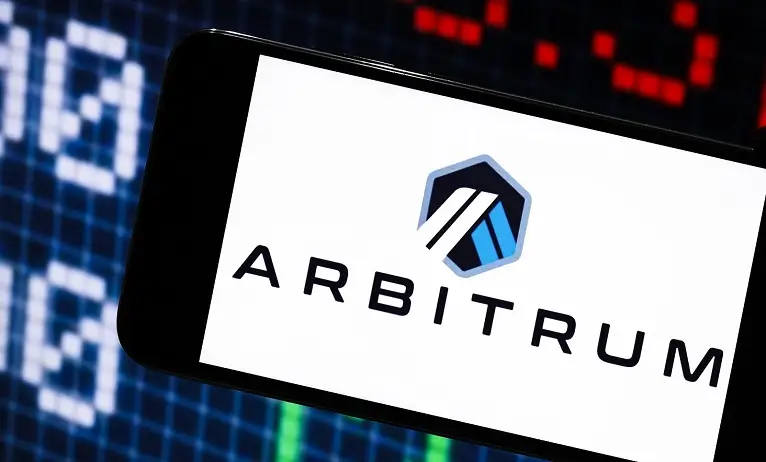In the rapidly evolving world of decentralized finance (DeFi) and governance, a monumental decision has been made by the Arbitrum DAO, reflecting a significant step towards enhancing ARB utility and strengthening governance security. The proposition concerning ARB staking has received overwhelming support, demonstrating robust community engagement and a progressive outlook on the future of digital assets management.
Unveiling a New Era for ARB token Holders
With a staggering 91% approval rate from over 25,000 participants, this recent on-chain vote has set the stage for a transformative change in how ARB token holders can maximize their utility and influence within the ecosystem. This new staking proposal allows ARB holders not just to stake but to delegate their tokens, ushering in a revolutionary shift towards a more inclusive and rewarding governance structure.
The Liquid staking Solution: stARB
In response to this approval, ARB token holders gain the privilege to exchange their tokens for a liquid staked ARB token (stARB). This innovative approach not only facilitates auto-compounding of future rewards but also introduces restaking options and seamless integration with DeFi applications. The framework for stARB draws from Tally’s liquid staking token system, tailored to align with Arbitrum’s unique governance architecture and fee collection dynamics.
rewards and Active Delegation
Moreover, this system rewards ARB token holders who actively delegate their stakes to “active delegates,” with future surplus from sequencer fees. This methodology uses a Karma Score to identify and define active delegates, encapsulating Snapshot voting stats, on-chain voting activity, and forum engagement. The flexibility of the Arbitrum DAO to adjust the Karma Score formula via consensus further illustrates the adaptability and community-driven ethos of this governance model.
Enhanced Security Against Governance Attacks
As the digital treasury of Arbitrum continues to swell—boasted by 16 million ETH in surplus fees from its flagship projects, Arbitrum One and Nova—the introduction of this staking proposal significantly mitigates the risk of governance attacks. This strategic move not only fortifies the network’s security but also reassures the commitment towards maintaining a transparent and resistant framework against potential vulnerabilities.
Arbitrum’s Growing Appeal
Arbitrum’s trajectory in the ethereum Layer 2 (L2) landscape has been nothing short of impressive. Ranking as the second most utilized network for ethereum L2 transactions, the approval of this staking proposal can be seen as a catalyst for further growth and innovation. The community’s enthusiasm and proactive engagement are testimony to Arbitrum’s envisioning of a decentralized ecosystem where efficiency, security, and governance walk hand-in-hand.
In conclusion, the Arbitrum DAO’s approval of the staking proposal marks a significant milestone in the DeFi and blockchain governance arena. It not only enhances the utility and security of the ARB token but also sets a precedent for other networks striving for decentralized excellence. This initiative echoes the spirit of innovation, community empowerment, and a forward-looking perspective that is crucial for the continued evolution and adoption of blockchain technology.
The implications of such developments are vast, hinting at a future where blockchain governance is not only about participation and security but also about rewarding engagement and fostering a deeper connection with the ecosystem. The Arbitrum DAO’s move could very well inspire a new wave of governance mechanisms across the digital asset landscape, propelling the blockchain community into a new era of decentralized governance and utility.
